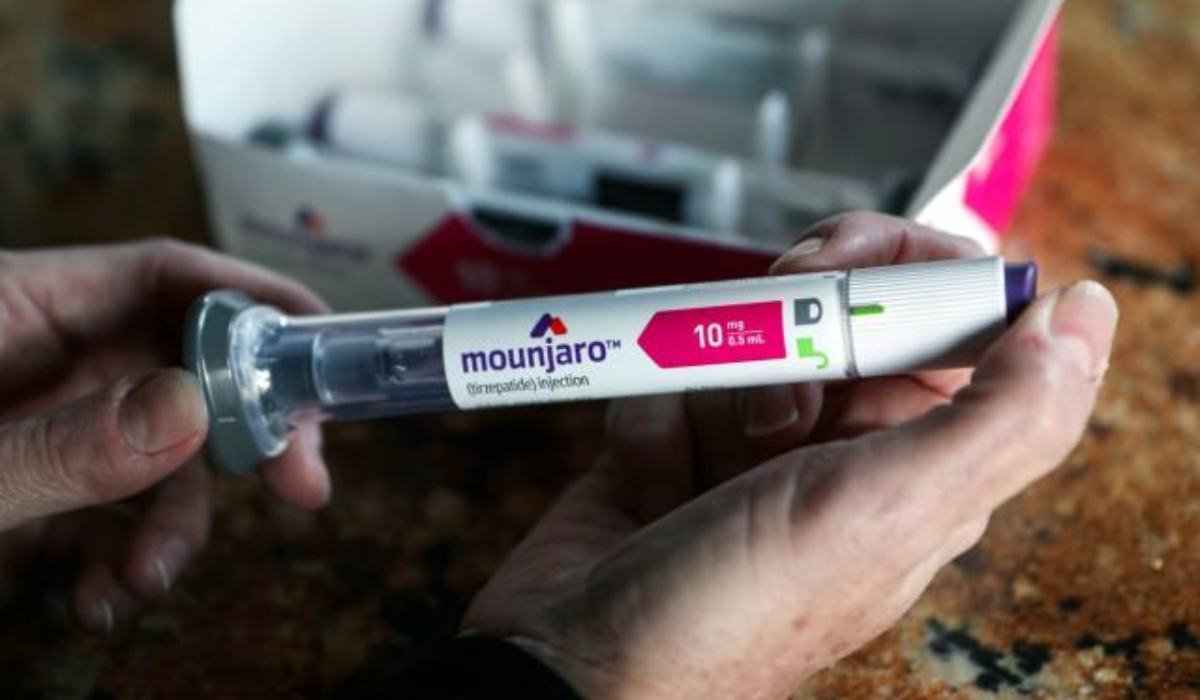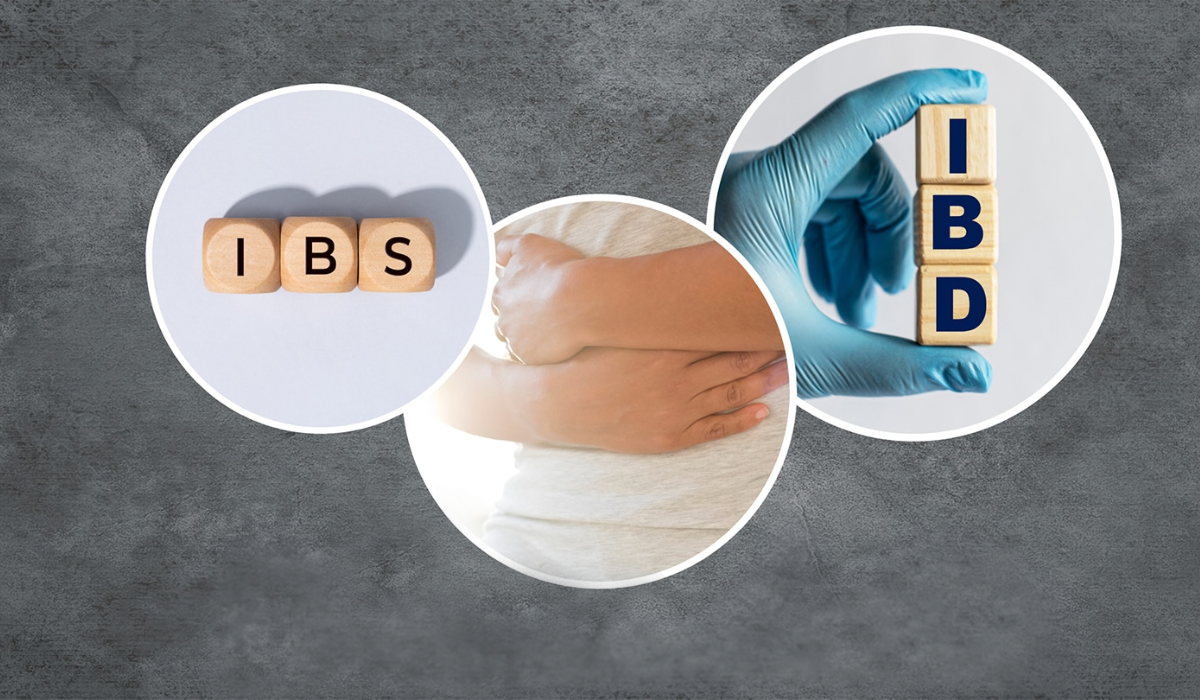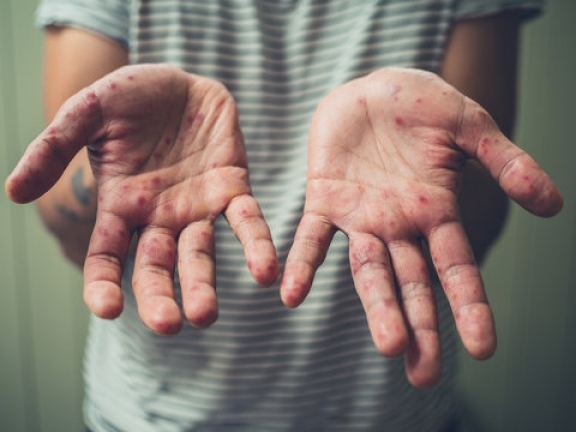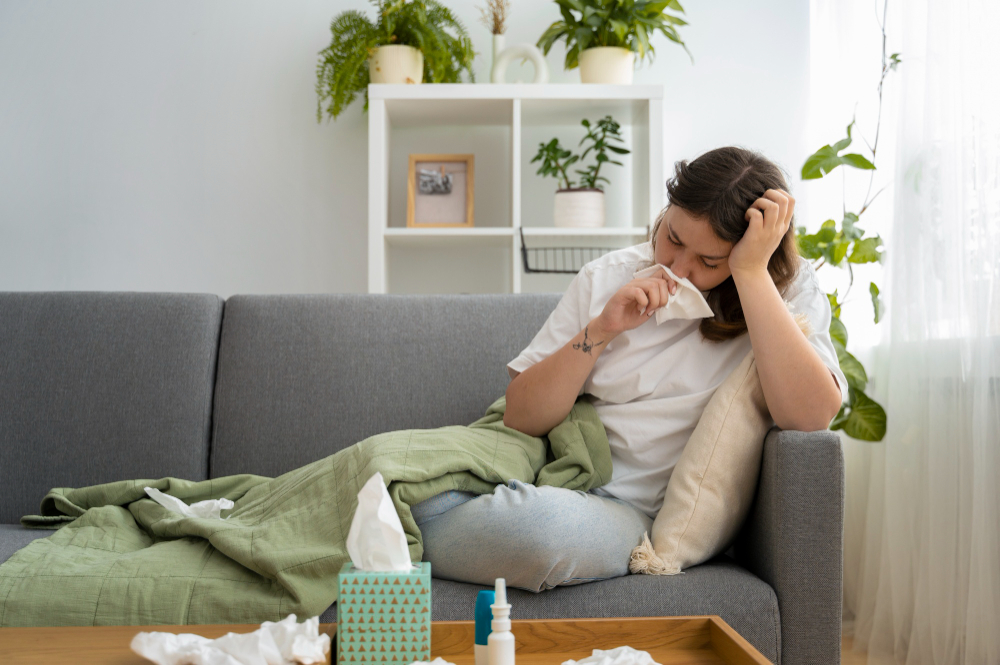Scott Read Pharmacy
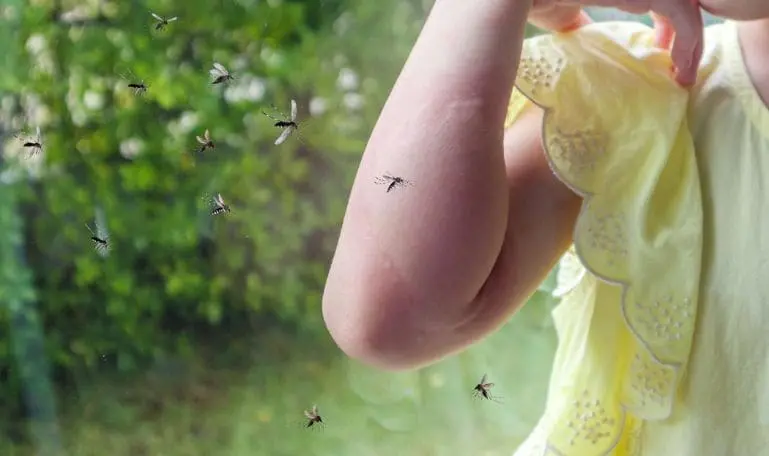
What are Texas Insect Bites? The basics, symptoms & treatments!
There are so many wonderful things to do as summer draws near! What’s not to enjoy about the warm months, with family plans, nicer weather, and more options for outdoor activities?
However, if you also reside in Houston or another place with a high bug population, you are aware that summer also brings about swarms of bothersome insects that are eager to bite us.
In general, different bug bites and stings cause more discomfort than health risks. The majority of these pests are merely irritating and not dangerous. Each of us contributes to the environment. All we need to know is what safety measures to take.
However, it is critical to understand this Texas insects bites disease, its symptoms, and when to seek medical attention.
Let’s get started.
What are some of the symptoms of Texas insect bites?
Typical allergy symptoms include:
- Itching
- Hives
- Flushing
- Swelling
- Redness
- Pain
Additionally, it’s critical to get healthcare professional help if you encounter any of the following:
- Swelling
- Irritation
- Hives in a spot other than where you were injured or bitten.
- Diarrhea
- Nausea
- Vomiting
- Abdominal
- Cramping
- Hoarseness of voice
- Enlargement of the throat or tongue
- Trouble swallowing. Tightness in the chest
- Having trouble breathing
The most crucial thing to watch out for is anaphylaxis following an insect bite or sting. According to the ACAA, anaphylaxis is “a potentially fatal response that may interfere with breathing and may lead the body to enter shock.
Other signs of an allergic reaction include dizziness, a sudden drop in blood pressure, loss of consciousness, or cardiac arrest. Although anaphylaxis is a less typical allergic reaction symptom, it is still crucial to get medical attention.
Common Bug Bites to Know about in Texas!
Have a look at some of the different bug bites you should know about in Texas.
- Bees and Wasps: While neither poses a major threat, the pain, and suffering associated with these bites is perhaps the least uncomfortable!
- Spider bite: The majority of spider bites are harmless but may be painful, despite the publicity surrounding the notorious brown recluse bite, which is quite serious. The most harmful bites are those from tarantulas, black widows, and brown recluses.
- Ticks: The most prevalent ticks in Texas are the black-legged tick and the dog tick, both of which may be dangerous to people. It could take up to three days following exposure before symptoms of a tick bite show up.
- Mosquito bites: No one likes these bothersome insects! Mosquitoes are a feared pest to anticipate as summer approaches because they thrive in hot, muggy, and wet conditions.
- Scorpions and centipedes: Scorpions typically live under rocks, wood, and household debris, but centipedes prefer moist, humid conditions. Both stings are uncomfortable, but the majority are usually not harmful.
Treatment to cure Texas Insect Bites!
When it comes to treating insect bites in Texas or any other region, the primary goal is to alleviate symptoms and promote healing as soon as possible.
Here are some common treatments for Texas insect bites:
- Thoroughly clean the area: Start by cleaning the affected area with mild soap and water to remove any dirt, venom, or bacteria. Gently pat the area dry with a clean towel.
- Cold compress: Apply a cold compress or ice pack wrapped in a thin cloth to the bite site for about 10-15 minutes. It can help reduce swelling, itching, and pain.
- Over-the-counter (OTC) creams or ointments: Topical creams containing ingredients like hydrocortisone, calamine lotion, or antihistamines can help relieve itching and inflammation. You can reach out to the best pharmacy in Houston to avail yourself of high-quality products.
- Pain relievers: If you are dealing with any pain associated with insect bites, over-the-counter pain relievers such as acetaminophen or ibuprofen from the community pharmacy in Houston, can be used according to the recommended dosage.
- Avoid scratching: It’s crucial to avoid scratching the bite, as it can lead to further irritation, infection, or scarring. You should keep the area clean and cover it with a bandage if necessary.
- Natural remedies: To avoid any potential damage, from insect bites using, you can opt for natural remedies such as aloe vera gel, tea tree oil, witch hazel, or baking soda paste. However, these remedies may vary in effectiveness and could cause skin irritation in some individuals, so use them with caution.
- Seek help from healthcare professionals: If the insect bite shows signs of an allergic reaction (such as difficulty breathing, facial swelling, or widespread rash), or if it becomes infected (redness, increased pain, pus), it’s important to seek medical attention promptly.
To conclude
Here’s a complete wrap on the ultimate guide to basics, symptoms, types of Texas insect bites, and some of the effective medical treatments to cure these different bug bites.
You can try out some of the effective home remedies and other possible treatments to cure this disease. And, if you are experiencing any severe symptoms, you should immediately see a drugstore in Houston that will guide you!
And, to avail the best and high-quality creams, medicines, or other essentials, you can reach out to Scott Read Pharmacy – the leading pharmacy in Houston.
Be careful and enjoy the summer!
Recent Posts
Recent Blogs
Study Reveals: Mounjaro leads to far more weight loss than Ozempic.
Study finds Mounjaro outperforms Ozempic in weight loss If you struggle with obesity, you’ve undoubtedly already heard all of the…
IBS or IBD: How do these two diseases vary?
IBS or IBD: How do these two diseases vary? We’ve all had uncomfortable digestion at some point. Bloating, painful cramps,…
Are Weight Loss Medications Worth it? A Deep Dive Into it
Scott Read Pharmacy: Elevate your health journey with our personalized weight loss medications, ensuring safe and effective results. Trust us for…
Scott Read Pharmacy is proudly powered by WordPress

